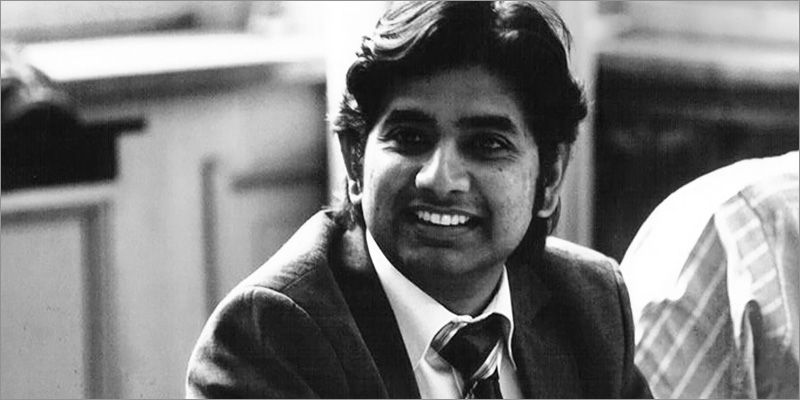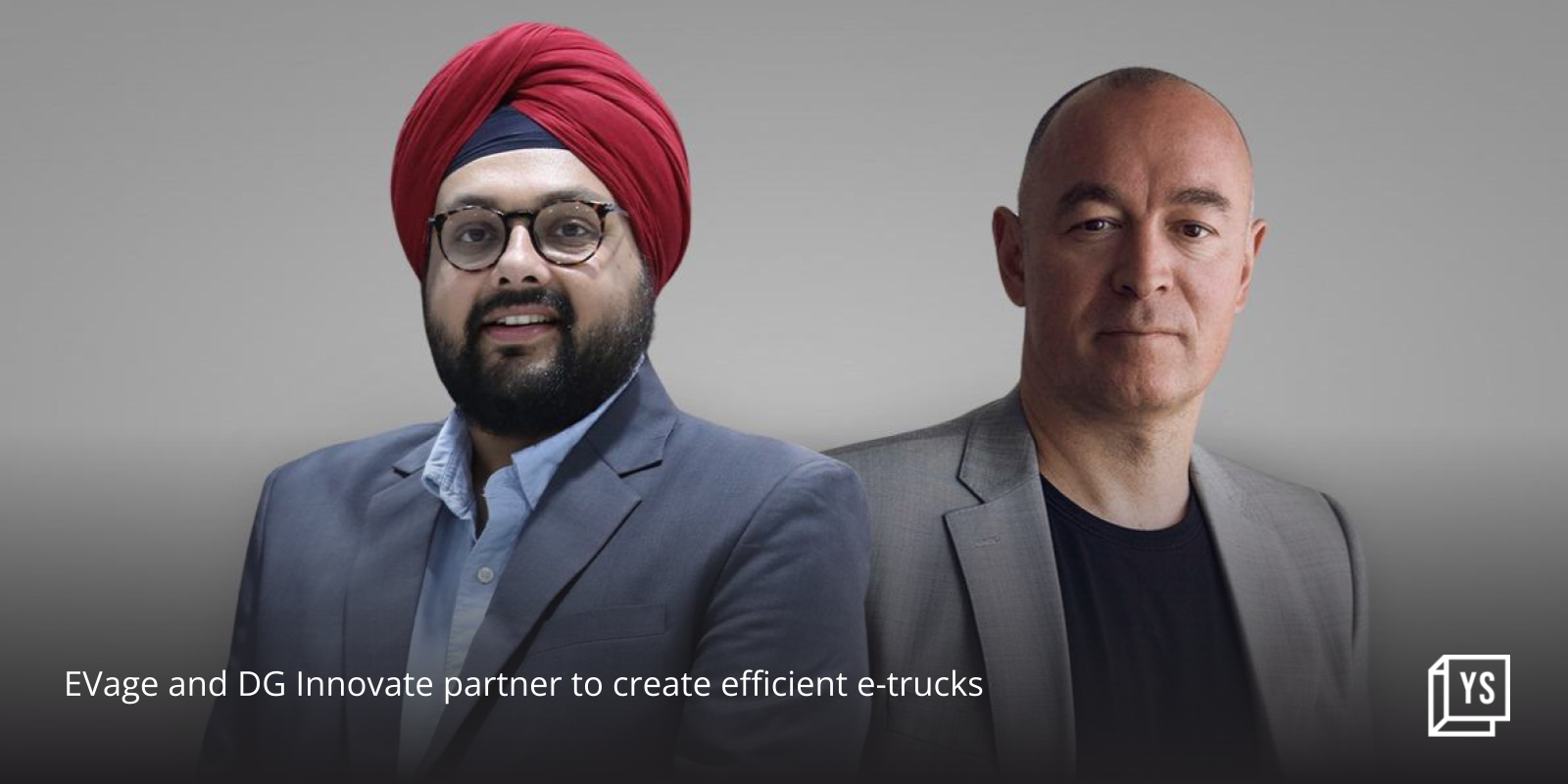Boond makes every drop count when it comes to lighting rural India
Boond boond se banta hai sagar (Every drop makes an ocean) and that seems to be the guiding philosophy behind Boond Engineering & Development Pvt. Ltd. Founded by Rustam Sengupta, Boond, is a social enterprise that promotes alternative energy across Rajasthan, Uttar Pradesh, Delhi NCR and other northern states.

Since 2010 Boond has been providing light, clean water, pest control and hygiene to the poor living in remote areas of India and creating rural entrepreneurs and distribution channels for products like solar lamps, solar home systems, water filters, efficient cook-stoves etc. “We are trying to reach the remotest and most difficult geographies to not just provide energy access, but also embed solutions to various social issues. Our major focus is to provide appropriate and customized solar solutions across the spectrum of various communities, sectors and geographies,” says Rustam.
Rustam is a social entrepreneur and a base of the pyramid (BoP) expert. He researches on sustainable social enterprise design and implements his work first hand on the field. He is an expert on designing and data analysis for products and services for the BoP and has also been consulting for numerous universities and institutions on market entry and emerging market economics. An INSEAD MBA graduate, he also holds an MS in Electrical Engineering from the University of California, Irvine. He has lived across three continents and worked in banking and consulting for companies like Standard Chartered (in Singapore), Syngenta (in Switzerland) and Deloitte Consulting (in the US).
“Boond’s mission is to provide people living in remote rural areas with similar opportunities of well being and economic development as people living in other parts of the world. We believe that this is possible by providing these communities with access to productivity-enhancing goods and services through better distribution channels, innovative financial schemes and robust after-sales service,” informs Rustam.

“At Para village of Unnao district in Uttar Pradesh, about 25 poor families of farming community with incomes less than Rs 5000 a month, use pre-paid cards to power their homes, just like one uses pre-paid cards to upload balance in one’s cell phone. The solution is designed to provide power to ultra-poor families who are not able to pay the panel cost or standalone solar home lighting system. They draw energy from apico-grid system. Members of the 25 poor families do it through Boond, which sells customized solar energy products to the rural poor. Boond, has installed one KW solar powered pico-grid system at the Para village,” adds Rustam.Apico-grid of 800-watt system serves about 25 households. Each household has a dynamic energy meter or control and customers select either pre-paid or postpaid arrangements. In case of pre-paid, users linked to the grid are required to purchase a recharge card to buy ‘wattage’. “The micro-grid system with user defined load is a project aimed at providing power to the user with two lights and a mobile charger or DC fan. The system shall have a meter (in the control circuit) installed at each user’s premise. The user can buy power in a prepaid manner and get his meter activated for the number of wattage as required,” explains Rustam.
Customers need to go to a nearby charging station of Boond to buy the pre paid cards. This allows them to buy energy as per their requirement and at the same time, they control the number of hours that they can use the system. Every recharge card has a special secret code that implies the wattage they require. Boond has installed 11 such apico-grids as on May 2014 influencing the lives of 275 families in Rajasthan and Uttar Pradesh. “Such system reduces villagers’ dependency on kerosene and provides them clean, easily affordable energy. Boond has targeted to scale up such grid system to 50 by end of this year,” informs Rustam.
Apart from this, Boond has developed a pre-defined load model of apico-grid. The key difference with the previous one is that it uses distribution lines but a user pays a fixed amount a month for a fixed energy usage. In this system, households are equipped with a meter that shows the details of the days left before disconnection from the grid. Boond classifies the users and their payables by their load requirements.
Boond has also come up with apico-grid with fixed payment system in which customers are required to charge their portable batteries at the central charging station and take them to their homes to power their lights. In such a system a customer pays about Rs 50-100 a month. Rustam says that there is a huge market opportunity as over 200 million people in India live in un-electrified or badly electrified areas. It makes sense as an enterprise. There are people earning between Rs200- 400 a day. But they live in a village which either has no electricity or have bad connections.
The Social impact of such an electrification project is huge. 27 year old Amit Kumar , a milk producer and a collector of the milk collection community at Hasanganj block of Unnao district (UP) found it difficult to realize proper pricing of the milk and maintain its quality due to the unavailability of power. At the block level electronic milk-testing centre, Boond installed a solar system of 225 watt, which runs emulsifier, tester, fat measurement device and a computer. Kumar is now delighted as his income has gone up by 30-40% due to the improvement of the quality of milk. In addition, Boond also installs solar powered home lighting system of 40watts with three lights and a mobile charging point.
“We keep on assessing the energy need of a rural household through a survey and try to understand how much they would be able to pay to buy solar products. Convincing them to buy a solar system is easier as they want to buy power. But the challenge is to get them a loan from a bank or any institutional credit so that they can buy a product,” Rustam says.
“Boond has sold more than 7500 solar energy systems till date and the initiative has already impacted the lives of more than 50,000 people in the rural areas of Rajasthan and Uttar Pradesh. Children living in these villages used to go to sleep early in the evening because they wanted to save fuel. But now they read and people can work for more hours in the evening. Installing a solar system, a shop owner can do business till late in the evening and can reap 30% more sale,” Rustam Adds.
Like any enterprise, Boond plans to scale up its programme. “We plan to ramp up to 10 districts by the end of 2015. By the end of FY 2015 we will implement projects in various sectors with installed capacity of over 1500 KW, impacting more than 100,000 individuals and many small-scale enterprises,” says Sengupta a through thespian who loves theatre, acting and directing plays in his spare time. He is also an avid traveller who has been to over 35 countries. Rustam believes in sustainable models for development and social impact and spreads the message of sustainability by teaching courses on social responsibility and climate change in Indian universities and consulting with international development agencies.








![[Funding alert] Content platform Bolo Indya raises $300K pre-series A1 round](https://images.yourstory.com/cs/2/e641e900925711e9926177f451727da9/Imagetzwr-1596535293773.jpg)


